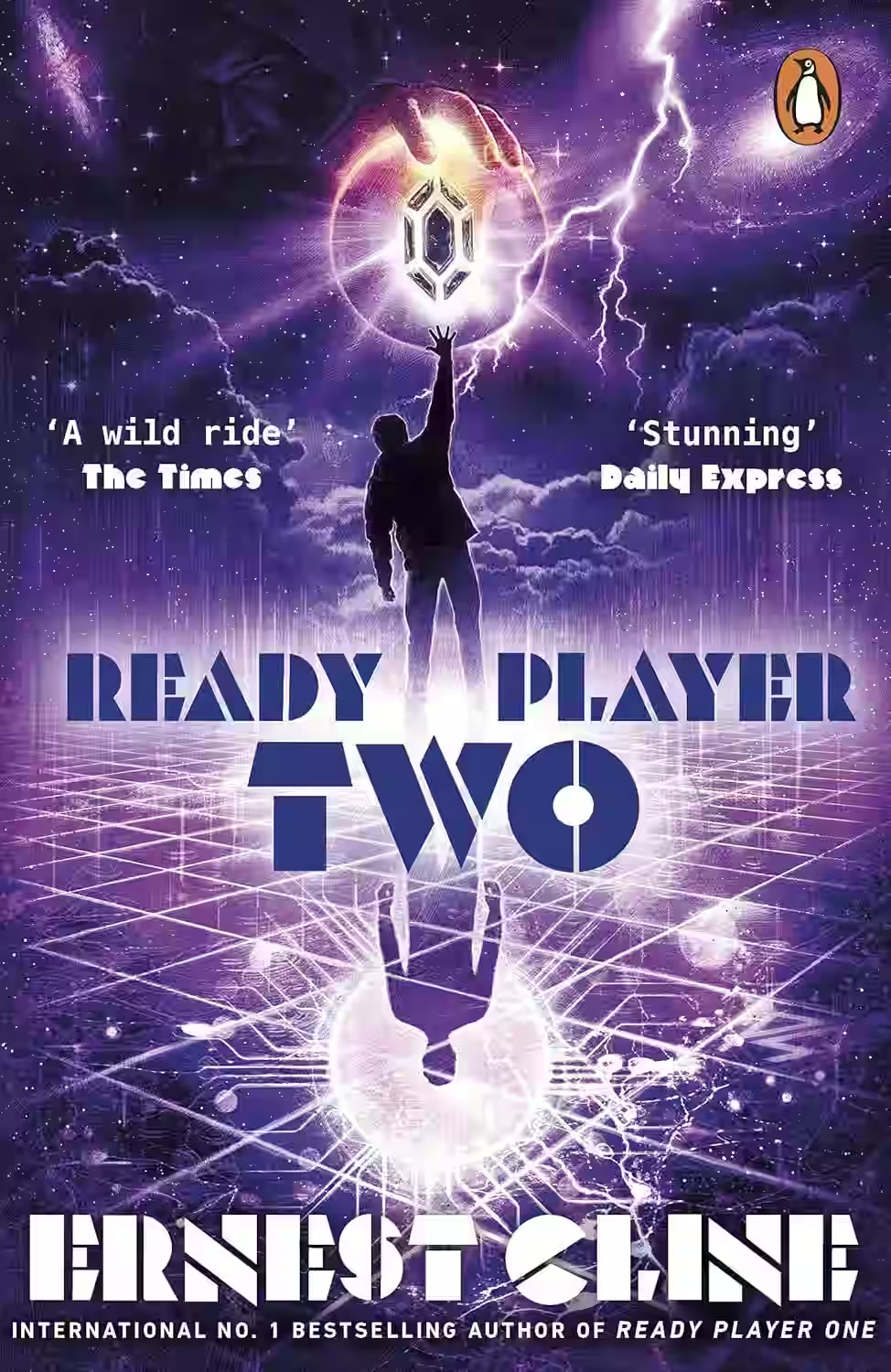
In 'Ready Player Two', Ernest Cline returns to the vibrant and nostalgia-laden virtual world of the OASIS, launched in his earlier hit 'Ready Player One'. This sequel dives into a new adventure following protagonist Wade Watts as he discovers an enigmatic technology left by the brilliant James Halliday. With potential to revolutionize the digital realm, this new invention also poses unforeseen dangers that could affect the real world. The novel places a strong emphasis on themes of technology and ethics, exploring how they intersect with human experience and identity. While aiming to replicate the magic of its predecessor, 'Ready Player Two' sometimes struggles under the weight of expectations, yet it offers familiar pop culture references and thrilling quest elements that will appeal to fans of the original. The book delivers a mix of adventure, nostalgia, and contemplation of the digital age's impact on society.
About Ready Player One Series
The Ready Player One series by Ernest Cline is a thrilling sci-fi duology set in a dystopian future where much of humanity escapes into a vast virtual reality world called the OASIS. In Ready Player One, teenager Wade Watts competes in a high-stakes quest left behind by the OASIS’s late creator, battling puzzles, corporate rivals, and his own limitations. Ready Player Two continues Wade’s journey after he discovers a new, immersive OASIS technology and a second, more dangerous quest with consequences for both virtual and real worlds. Packed with 1980s pop culture, action, and ethical dilemmas, the series explores identity, escapism, and power.
About Ernest Cline
Ernest Cline, an American author born in 1972, is best known for his science fiction novels that blend pop culture references with compelling storytelling. Before becoming a full-time writer, Cline worked in the tech industry and as a screenwriter. His breakout novel, 'Ready Player One,' published in 2011, became a massive success and was later adapted into a major motion picture directed by Steven Spielberg. The book's exploration of virtual reality, gaming culture, and nostalgia resonated with readers worldwide, cementing Cline's status as a leading voice in contemporary science fiction. His follow-up novel, 'Armada,' also garnered praise for its thrilling narrative and homage to 80s pop culture.
Other Books by Ernest Cline
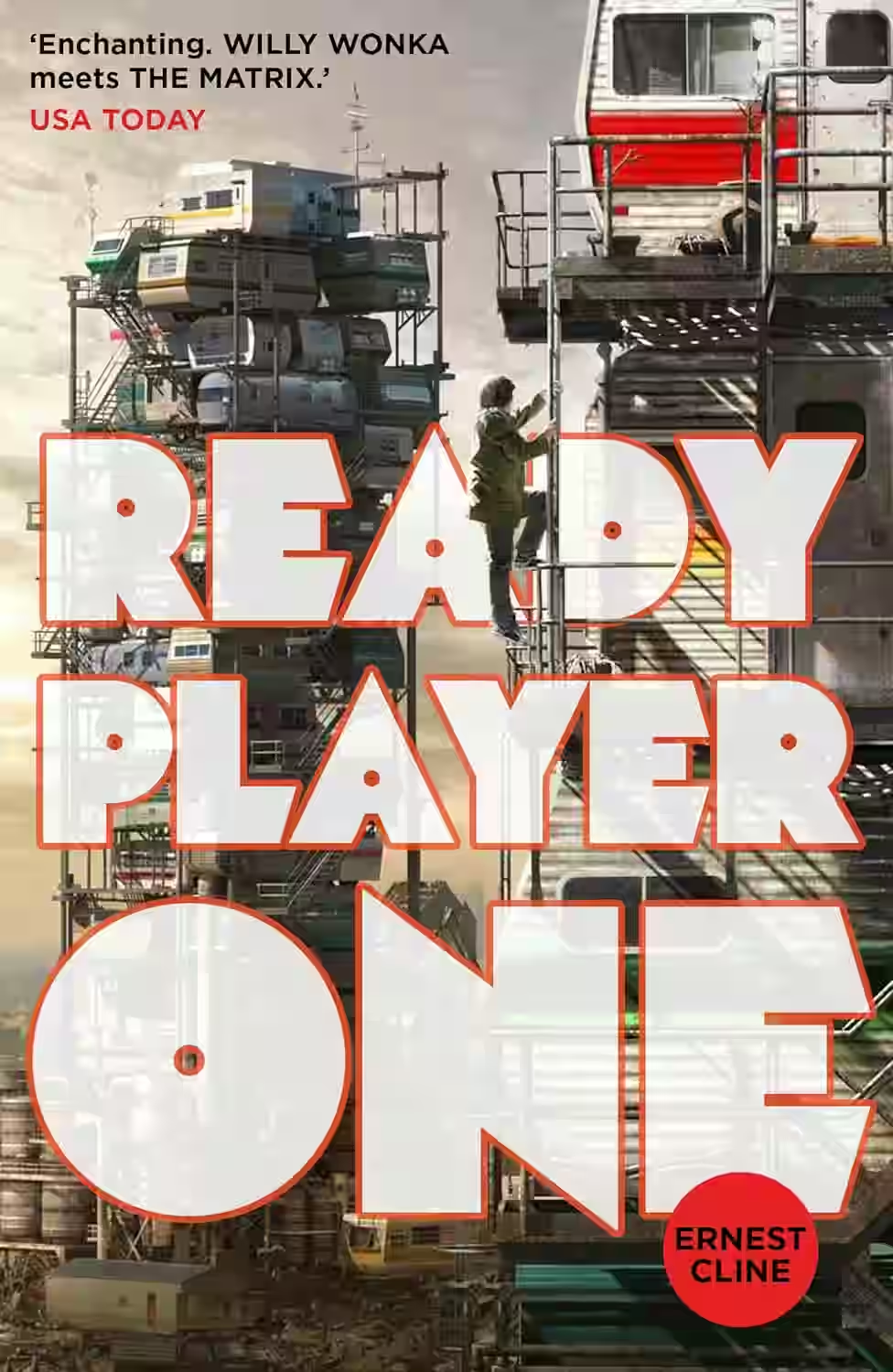
Ready Player One
by Ernest Cline
Series: Ready Player One (#1)
In Ernest Cline's 'Ready Player One,' readers are propelled into a dystopian future where virtual reality provides an escape from a decaying world. The story follows Wade Watts, a teenager who embarks on a quest within the OASIS, a vast virtual universe, to find an Easter egg left by its creator, James Halliday. Packed with '80s pop culture references and nostalgic elements, the novel explores themes of friendship, identity, and the consequences of technology. Cline's writing seamlessly blends action, adventure, and a touch of romance, creating a thrilling and immersive reading experience that resonates with gamers and enthusiasts of the past. 'Ready Player One' is a love letter to geek culture that ultimately celebrates the power of imagination and human connection.
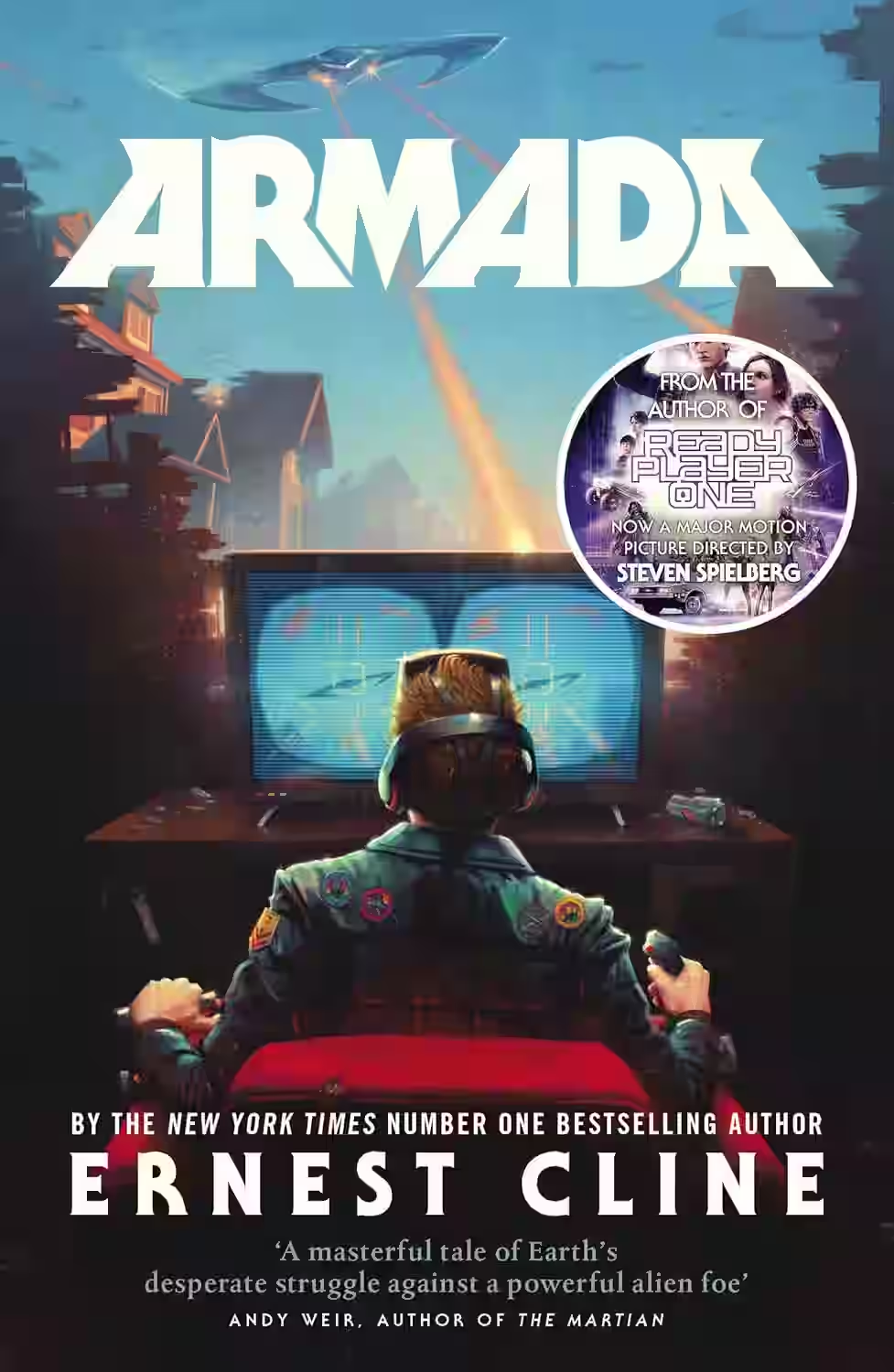
Armada
by Ernest Cline
In 'Armada', Ernest Cline takes readers on a thrilling adventure that melds sci-fi fantasy with nostalgic nods to classic video games and pop culture. The story follows Zack Lightman, a high school gamer who discovers that a video game he excels at is actually a training simulation to prepare Earth's defenses against an imminent alien invasion. As Zack is thrust into a real-life battle, he must leverage his gaming skills to help save the planet. Cline's narrative is a high-octane ride filled with suspense, humor, and a celebration of geek culture. While the book's themes of heroism, teamwork, and embracing one's unique talents resonate, some readers may find the plot somewhat predictable. Overall, 'Armada' is a love letter to the gamer community and delivers an enjoyable escapade with its blend of action and nostalgia.
Similar Books
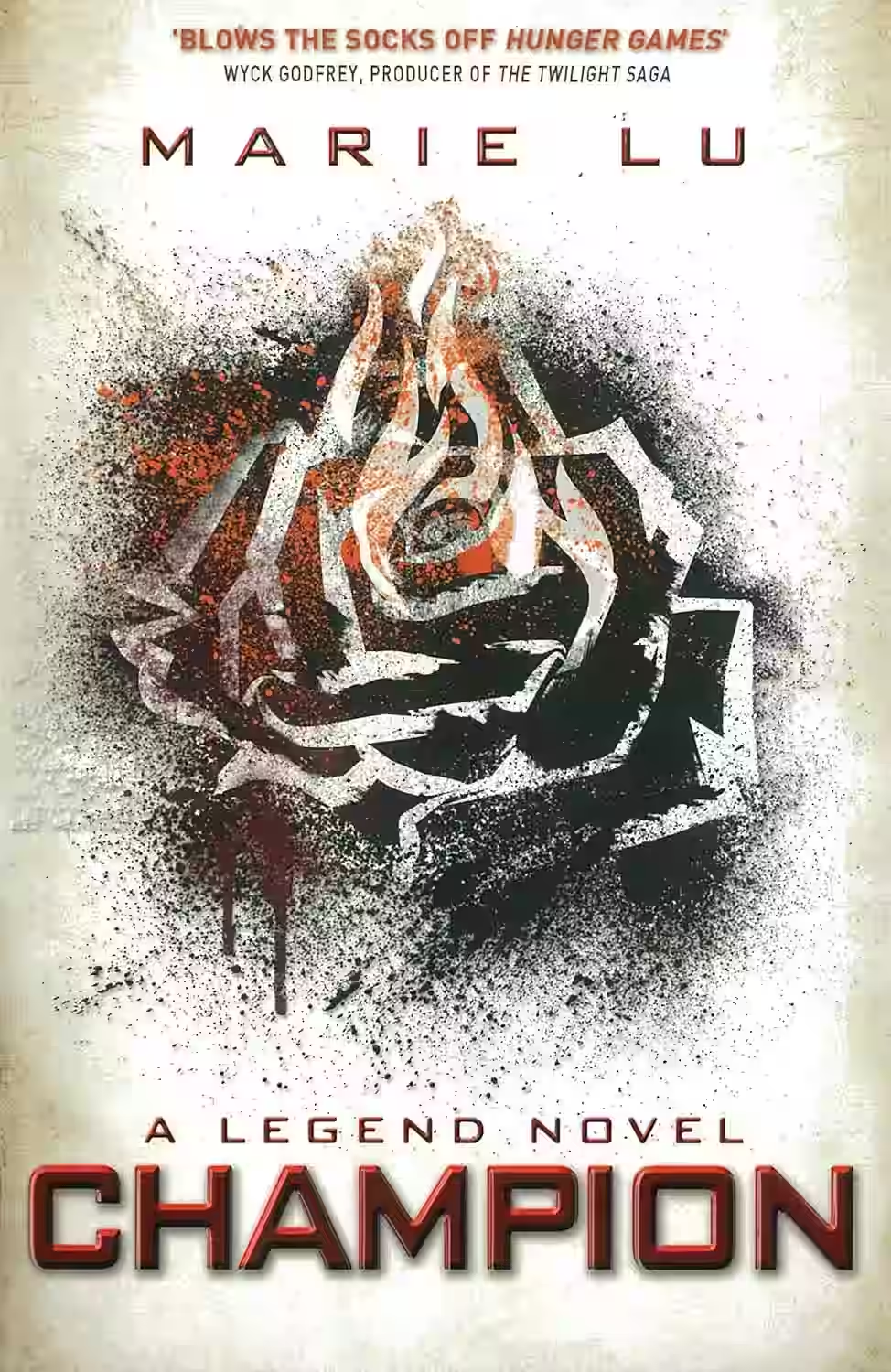
Champion
by Marie Lu
Series: Legend (#3)
In 'Champion' by Marie Lu, the electrifying conclusion to the 'Legend' series, readers are plunged back into the dystopian world of June and Day, two star-crossed lovers caught in the midst of political turmoil and social unrest. As tensions rise and battles escalate, the lines between friend and foe blur, forcing the protagonists to make heart-wrenching decisions that will determine the fate of their society. With themes of sacrifice, loyalty, and the enduring power of love, 'Champion' delivers a gripping tale of rebellion and redemption that will keep readers on the edge of their seats until the very last page.
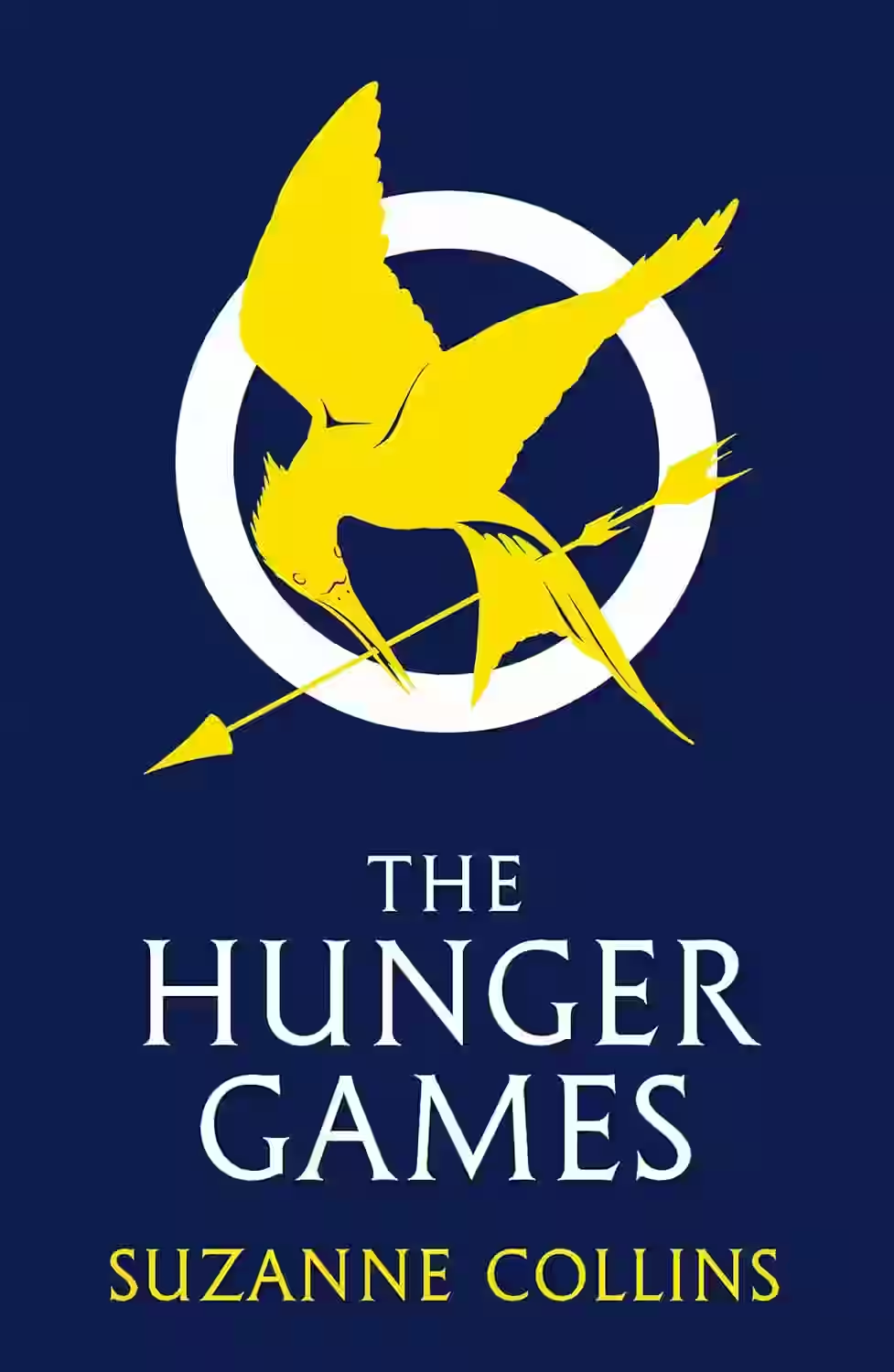
The Hunger Games
Series: The Hunger Games (#1)
Suzanne Collins' 'The Hunger Games' is a gripping dystopian novel set in a post-apocalyptic world where children fight to the death in a televised spectacle. The story follows Katniss Everdeen, a brave and resourceful young woman who volunteers to take her sister's place in the deadly Hunger Games. Through Katniss's eyes, we explore themes of survival, sacrifice, and rebellion against an oppressive government. Collins weaves a tale of action, suspense, and moral complexity that captivates readers from start to finish. 'The Hunger Games' is a thought-provoking commentary on power, media manipulation, and the resilience of the human spirit.
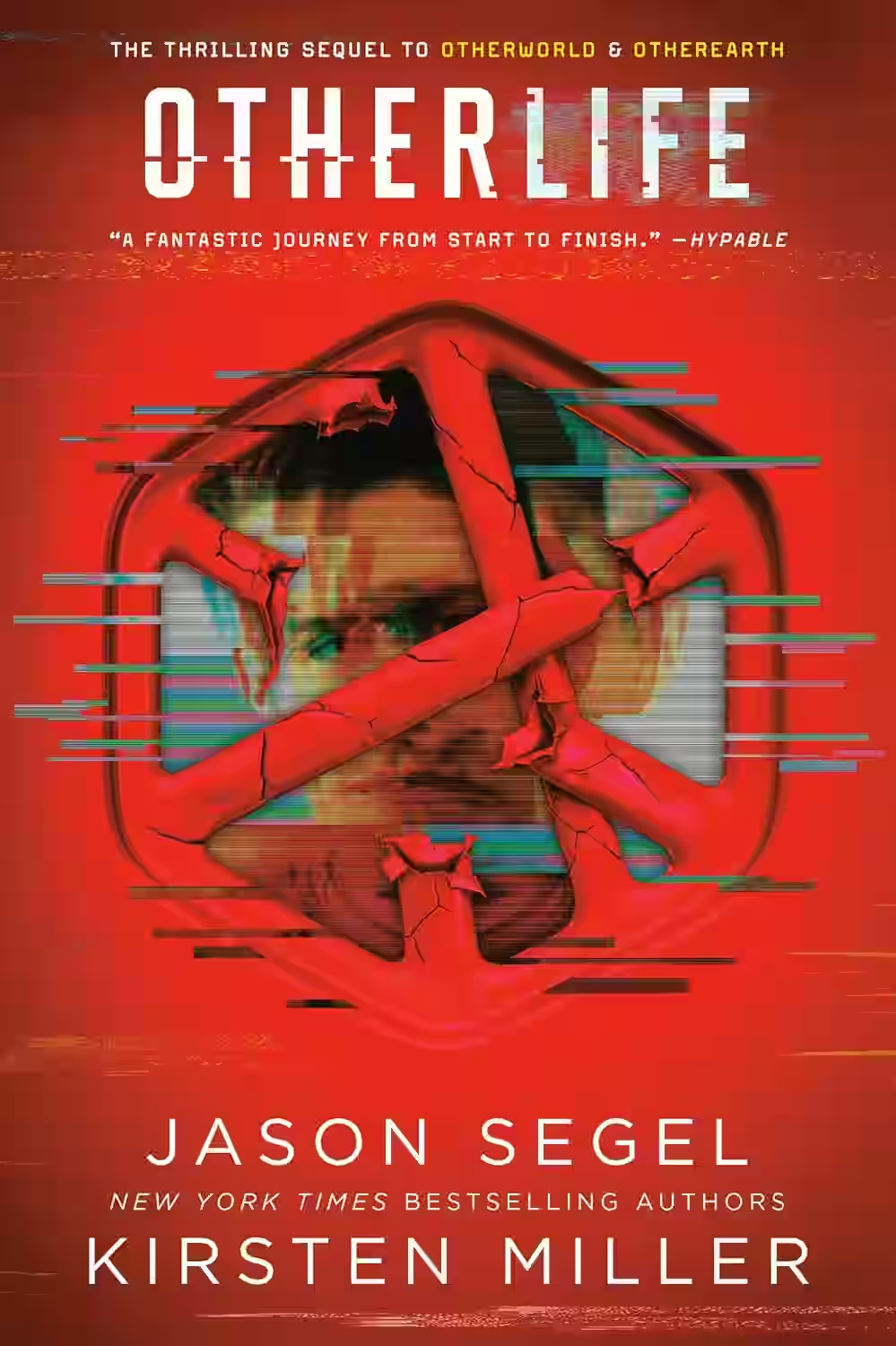
Otherlife
by Jason Segel, Kirsten Miller
Series: Last Reality (#3)
In 'Otherlife,' Jason Segel weaves a captivating narrative that draws readers into a world where the boundaries between virtual and reality become intriguingly blurred. This novel, the thrilling conclusion to the Last Reality series, follows Simon, a teenager embroiled in the captivating and sinister technology of Otherlife. As Simon grapples with the repercussions of a virtual society, he must confront ethical dilemmas, personal loss, and the thirst for truth. Segel's depiction of friendship, loyalty, and the quest for identity amid an ever-changing digital landscape resonates deeply, making 'Otherlife' both an exhilarating ride and a cautionary tale about the insidious allure of virtual escapism.
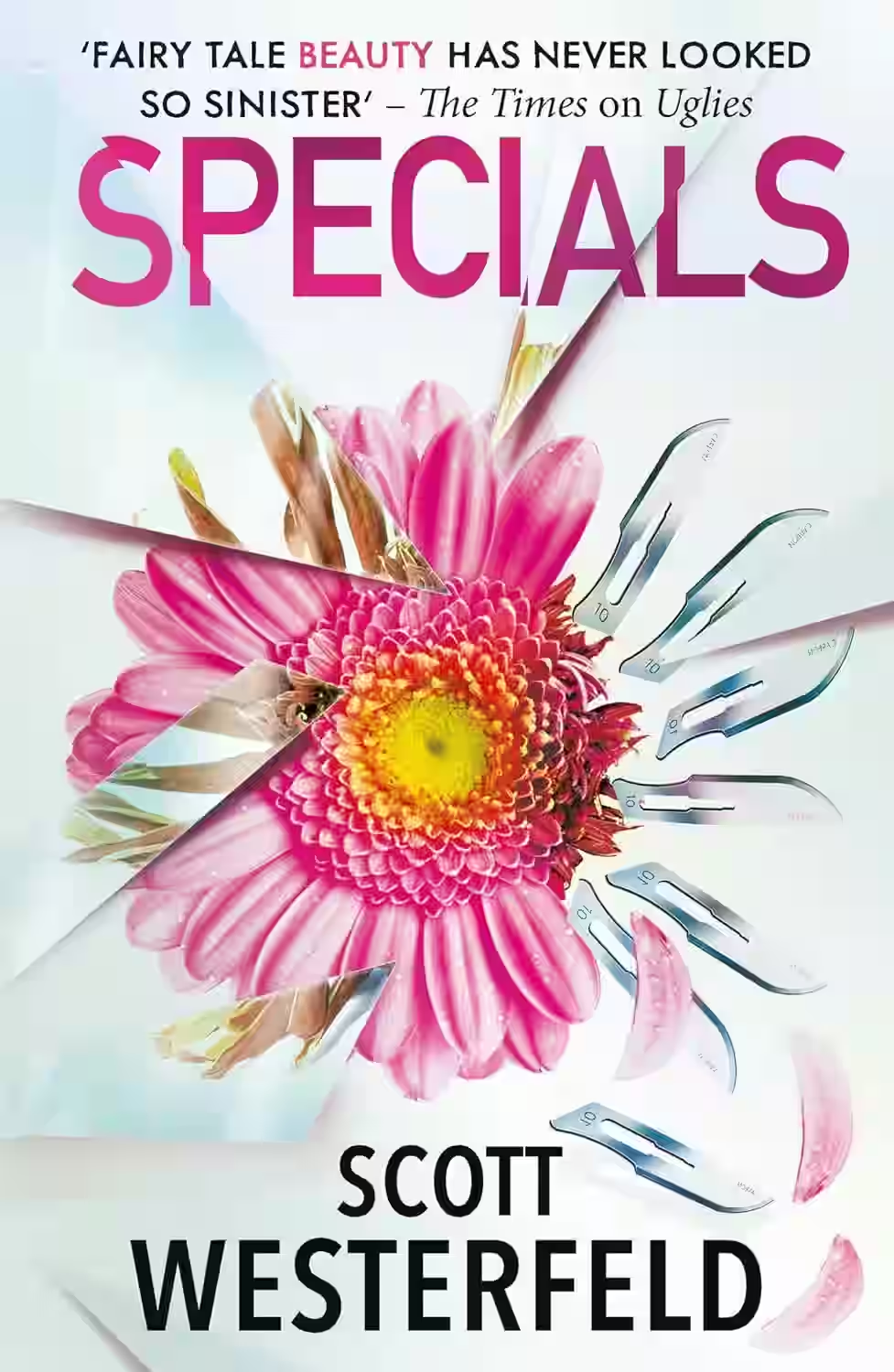
Specials
Series: Uglies (#3)
In 'Specials,' the third installment of Scott Westerfeld's captivating Uglies series, readers are thrust into a dystopian world where physical perfection and societal control are at the forefront. The protagonist, Tally Youngblood, now transformed into a 'Special' with enhanced abilities, grapples with her new identity and the moral implications of her role in maintaining government order. Themes of identity, freedom, and rebellion are intricately explored as Tally becomes increasingly conscious of the ethical dilemmas inherent in her society's structure. Westerfeld masterfully crafts a suspenseful narrative filled with action and introspection, compelling readers to ponder the cost of societal conformity and the essence of true individuality.